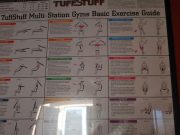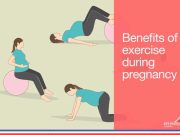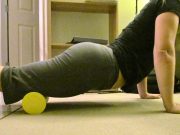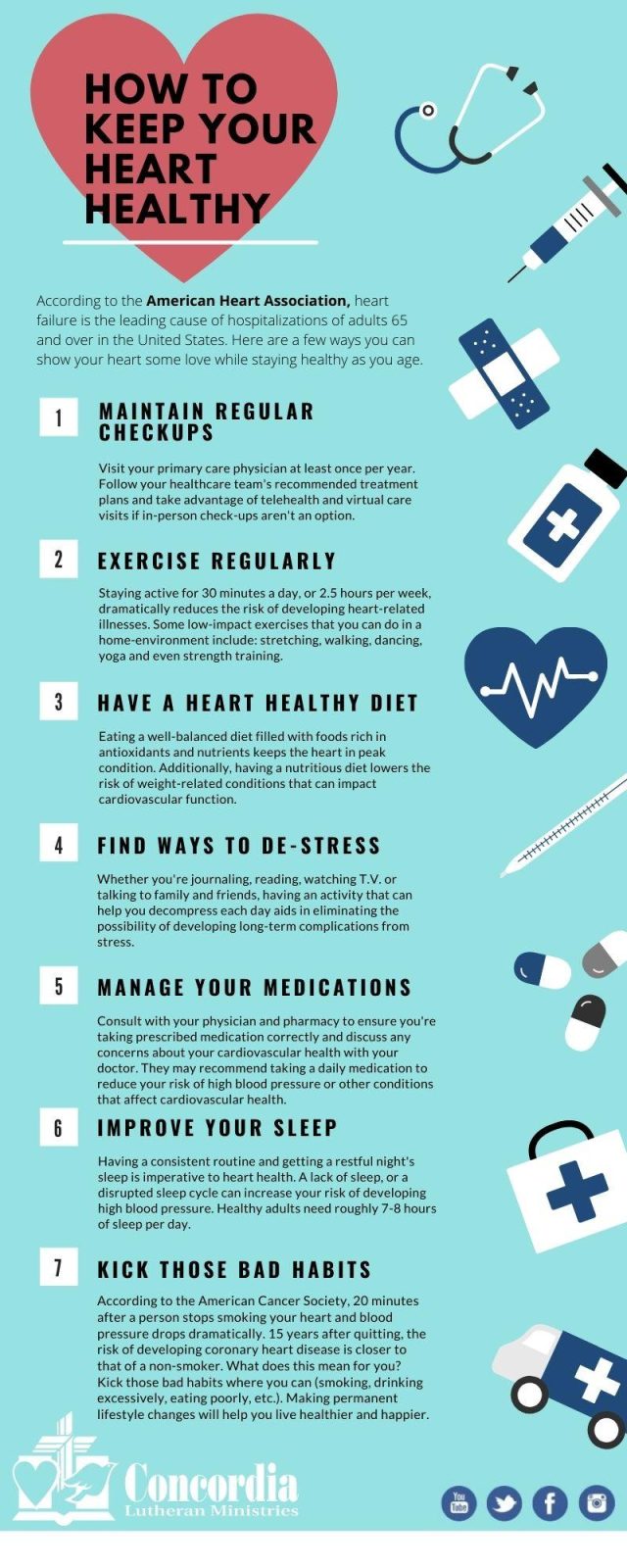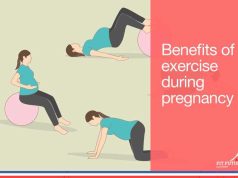As we gracefully navigate the golden years, maintaining heart health becomes more crucial than ever. Our hearts, having tirelessly supported us through countless memories and milestones, deserve dedicated care and attention. For seniors, a healthy heart is not just a medical priority but a gateway to enjoying life’s precious moments with vitality and joy. This article aims to provide practical, compassionate guidance on enhancing heart health, empowering you to make informed decisions that honor your body’s needs. Whether you’re looking to adopt healthier habits or seeking reassurance on your current path, these tips are designed to support your journey toward a heart-healthy lifestyle, ensuring you continue to thrive and cherish every heartbeat.
Understanding the Unique Heart Health Needs of Seniors
As we age, our heart health needs become increasingly nuanced. Seniors often face unique challenges that require tailored strategies to maintain optimal cardiovascular health. Understanding these specific needs is crucial for implementing effective heart health practices. Here are some key considerations:
- Medication Management: Many seniors take multiple medications, which can affect heart health. It’s important to regularly review these with healthcare providers to ensure they’re working effectively and not causing adverse interactions.
- Nutritional Adjustments: A heart-healthy diet for seniors might include more fiber-rich foods, lean proteins, and reduced sodium intake to manage blood pressure and cholesterol levels.
- Regular Monitoring: Keeping track of blood pressure, cholesterol, and blood sugar levels is crucial. Regular check-ups can help detect potential issues early, allowing for timely intervention.
| Consideration | Reason |
|---|---|
| Physical Activity | Improves circulation and reduces heart disease risk. |
| Stress Management | Lower stress levels contribute to better heart health. |
| Hydration | Essential for maintaining proper blood volume and circulation. |
Adapting lifestyle changes that cater specifically to the elderly can significantly enhance their heart health. It’s not just about following general advice, but about creating a personalized plan that respects their individual health status and capabilities. Remember, small steps can lead to big improvements in overall well-being.

Incorporating Heart-Healthy Foods into Your Daily Diet
- Whole Grains: Swap out refined grains for whole grains such as oats, brown rice, and whole wheat bread. These are rich in fiber, which helps lower cholesterol and maintain healthy blood pressure levels.
- Leafy Greens: Add a variety of leafy greens like spinach, kale, and Swiss chard to your meals. These are packed with vitamins, minerals, and antioxidants that promote heart health.
- Healthy Fats: Incorporate sources of healthy fats such as avocados, nuts, and seeds. These contain omega-3 fatty acids that help reduce inflammation and improve cardiovascular health.
| Food | Heart Benefit |
|---|---|
| Berries | Rich in antioxidants that reduce heart disease risk |
| Beans | High in fiber, lowering cholesterol |
| Fish | Contains omega-3s that support heart function |
Consider integrating these heart-healthy foods into your daily meals by starting small. For instance, sprinkle a handful of nuts over your salad or swap sugary snacks for a piece of fruit. Making these gradual changes can lead to lasting improvements in heart health, providing you with more energy and vitality in your golden years.

Effective Exercises Tailored for Senior Heart Health
Maintaining a healthy heart is crucial as we age, and engaging in the right exercises can make a significant difference. Here are some effective exercises tailored specifically for seniors to support heart health:
- Walking: This simple activity can be done almost anywhere and is gentle on the joints. Aim for at least 30 minutes of brisk walking most days of the week.
- Swimming: A low-impact exercise that is excellent for cardiovascular health. Swimming also provides a full-body workout while reducing strain on the body.
- Yoga: Focuses on breathing and flexibility, promoting both mental and physical well-being. Many community centers offer senior-friendly yoga classes.
Consider incorporating these exercises into your routine, ensuring they are enjoyable and sustainable. If needed, consult with a healthcare provider before starting any new exercise regimen. Remember, consistency is key to reaping the benefits of a healthier heart.
| Exercise | Duration | Frequency |
|---|---|---|
| Walking | 30 minutes | 5 days/week |
| Swimming | 20 minutes | 3 days/week |
| Yoga | 45 minutes | 2 days/week |

Managing Stress and Its Impact on Heart Well-Being
As we age, managing stress becomes a crucial aspect of maintaining heart health. Chronic stress can lead to elevated blood pressure and heart rate, which in turn can increase the risk of heart disease. To combat stress effectively, seniors can adopt various strategies that promote relaxation and emotional well-being.
- Mindful Meditation: Incorporating mindful meditation into your daily routine can help reduce stress levels significantly. Spend a few minutes each day focusing on your breathing and letting go of intrusive thoughts.
- Physical Activity: Engage in light exercises like walking, yoga, or tai chi. Regular physical activity not only boosts mood but also enhances cardiovascular health.
- Social Connections: Staying connected with friends and family can provide emotional support. Consider joining community groups or participating in social activities to foster relationships.
Understanding the relationship between stress and heart health is vital. Here’s a simple table highlighting the effects of stress on the heart and ways to mitigate them:
| Stress Effect | Mitigation Strategy |
|---|---|
| Increased Blood Pressure | Regular Exercise |
| Rapid Heart Rate | Deep Breathing Exercises |
| Anxiety and Depression | Counseling and Support Groups |





